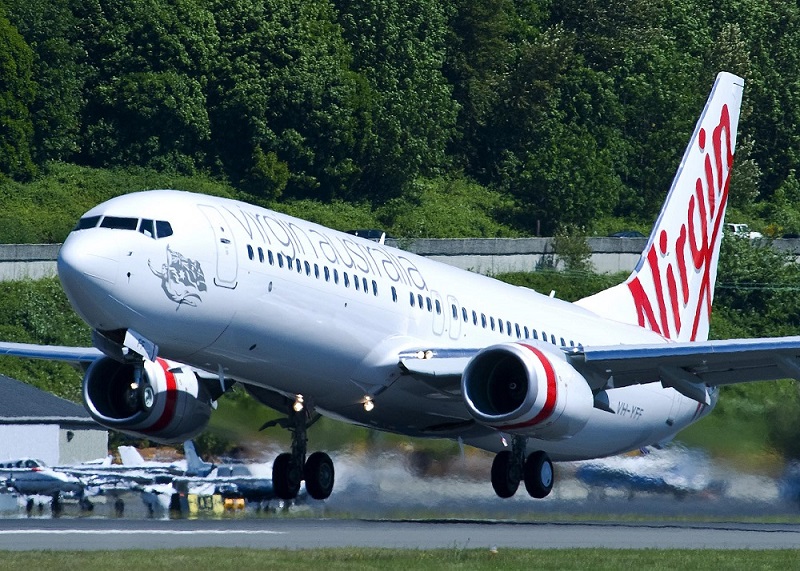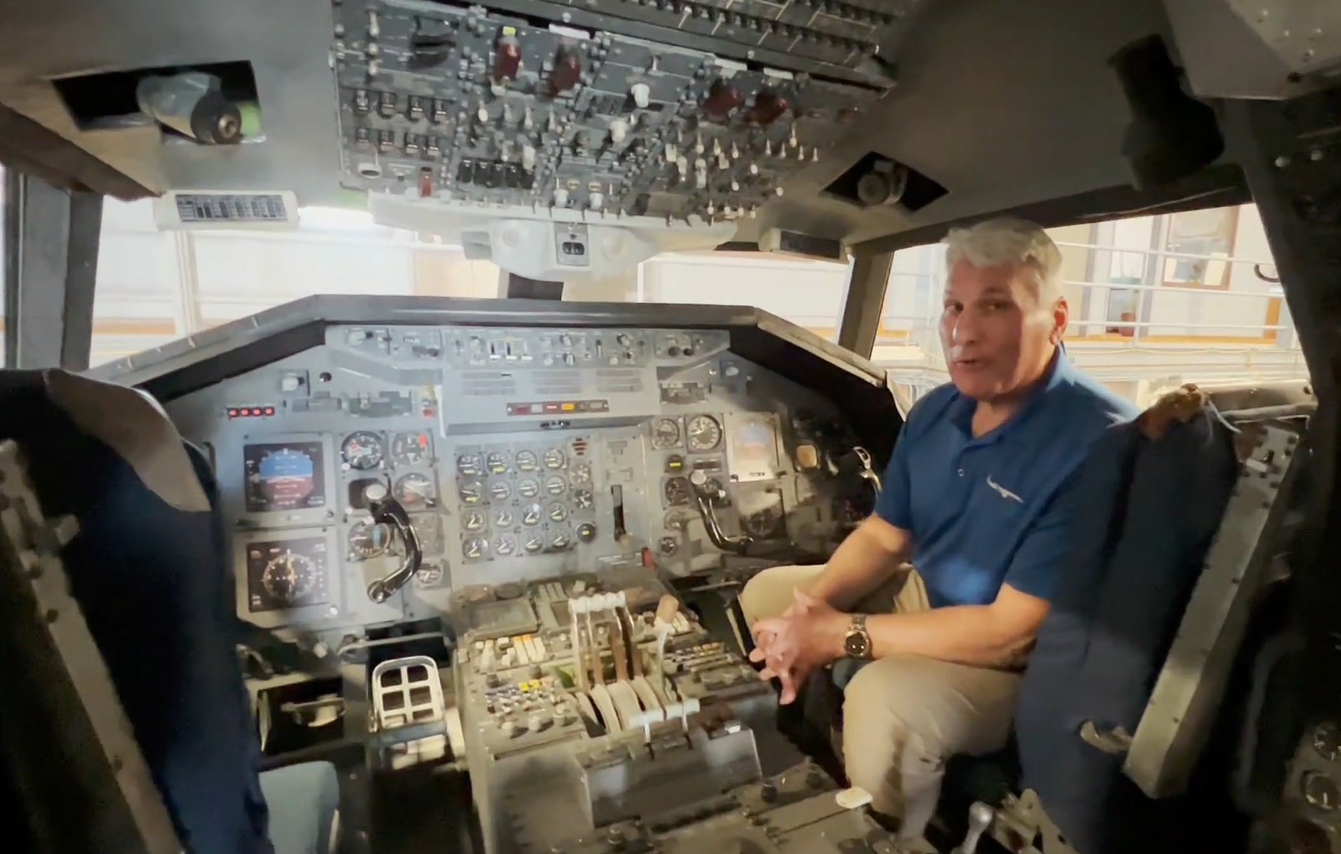Virgin changes hands well-placed to tackle challenges, administrators say.
17 November, 2020
4 min read


Virgin Australia faces challenging business and aviation environments but is in the best possible place to meet those challenges, lead administrator Vaughan Strawbridge said as the airline officially changed hands late Tuesday.
Australia’s second carrier is now officially under the control of new US owners Bain Capital after the airline’s shares and businesses were transferred over to complete a voluntary administration described as one of Australia's most challenging.
Virgin was also delisted from the Australian Securities Exchange at close of trading Tuesday.
READ: Aussie fare battle heats up with Jetstar 'return free' deals.
Strawbridge, the lead administrator with Deloitte Restructuring Services, said the life of Virgin Australia was now in the hands of Bain.
“Bain Capital has demonstrated its commitment to bringing the business out of administration and through the added hardship, brought about by COVID-19 and rebuilding the airline to compete effectively for the long term,” he said.
“We wish the Bain Capital team, and all Virgin Australia employees the very best as they now focus on the future.
“The environment remains challenging for the business and the aviation industry, but the airline is now in the best possible place to meet those challenges and be ready for opportunities that will undoubtedly emerge once COVID is no longer.”
The seven-month administration culminated in the September 4 approval by creditors of a Deed of Company Arrangement giving Bain control and unsecured creditors between nine and 13 cents in the dollar on their claims.
It also provided for the value of all customer travel credits and pre-paid flights, the continuation of the Velocity frequent flyer scheme and jobs for the majority of employees.
But thousands of Virgin workers have lost their jobs and the airline under Bain and new chief executive Jayne Hrdlicka will be smaller and markedly different to the one that entered voluntary administration in April.
Strawbridge described the administration as one of the most challenging in Australia’s corporate history.
“Triggered by the COVID-19 pandemic, it has been a process like no other in Australian corporate history,’’ he said.
“This has been a very complex insolvency appointment further complicated by the fact that the process was undertaken and completed during Australia’s Covid-19 shutdown.
“Since our appointment on April 20 this year, the approach we have taken, including how the sale was structured, has involved significant amounts of work and innovative approaches to a wide range of tasks and issues, many of which have not been encountered previously in either Australian or international market contexts."
Strawbridge paid tribute to his team as well as the help provided by unions, staff and service providers who kept the airline flying during the devastation of COVID.
However, the process was not without controversy. This included the replacement of incumbent CEO Paul Scurrah by Hrdlicka, anger and legal threats from creditors and unhappiness about the sale process among some of the losing bidders.
Strawbridge noted the role of voluntary administrators was always challenging and inevitably undertaken in challenging circumstances.
He said that creating competitive tension in the sale process was the key element to ensuring a successful outcome to deliver a restructure of the business and survival of the airline.
“Creating deal certainty was critical from both the buyer and our perspectives, particularly given the investment the buyer was being asked to make and the importance to the economy that Virgin Australia remains a competitive force,’’ he said
“To achieve the best outcome for everyone, it was also vital that as many jobs as possible be preserved. Given the second COIVD-19 wave in June, our innovative sale structure became hugely significant in achieving, firstly, the survival of the company, and then the successful outcome we see today.”
Get the latest news and updates straight to your inbox
No spam, no hassle, no fuss, just airline news direct to you.
By joining our newsletter, you agree to our Privacy Policy
Find us on social media
Comments
No comments yet, be the first to write one.

